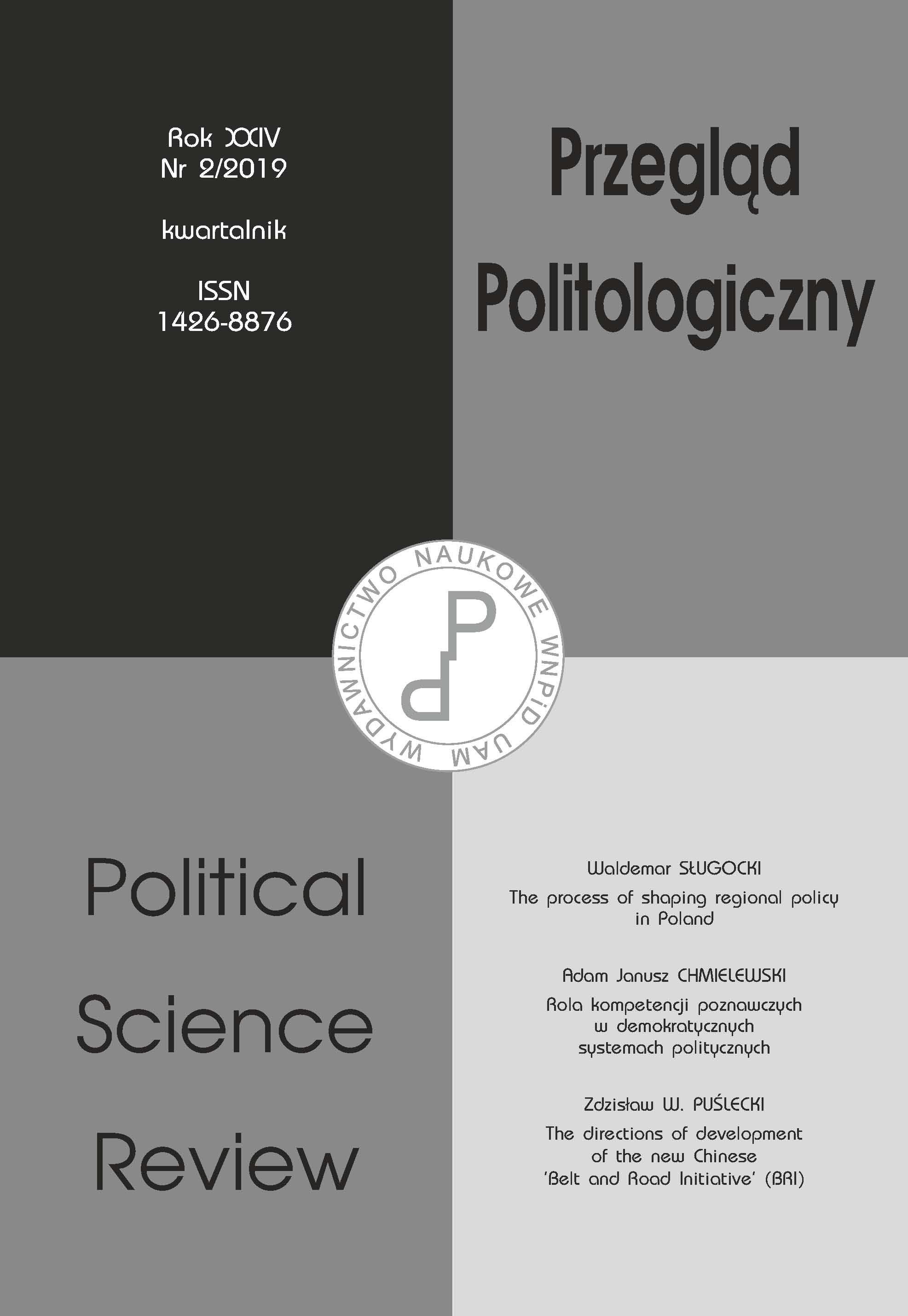Europe, the Middle East, and the ‘Arab Spring’
– The Shattering of the Dream
Europe, the Middle East, and the ‘Arab Spring’
– The Shattering of the Dream
Author(s): Nir Barkan NagarSubject(s): Politics, Civil Society, Geopolitics
Published by: Uniwersytet Adama Mickiewicza
Keywords: Europe; Middle East; Arab Spring; Europa; Bliski Wschód; arabska wiosna
Summary/Abstract: This article addresses relations between Europe and the countries of the Middle East and theimplications of these relationships over the past two decades, through an examination of the events ofthe ‘Arab Spring.’ The Arab Spring refers to a chain of events that swept through the Arab countriesfrom late 2010, characterized by demonstrations, violence, and civil war. This was sparked by resistanceto tyrannical regimes and led to the fall of the rulers of Egypt, Tunisia, and Libya. However,Islamists were able to utilize the protesters, who sought democracy, an equal economy, and the eliminationof governmental corruption, to further their ambitions. At that time, it was not clear what the newregimes would look like, but it was widely expected that Islamist elements would gain power. Europeresponded positively to these events, in terms of declarations, policy, and physical involvement, fromthe fear that Islamist forces would take advantage of the outcomes of the protests, despite the fact that,for decades, there had been collaboration and friendly relations between Western nations and many ofthe overthrown tyrants. This policy of turning a blind eye to the lack of democracy and human rightsviolations in these countries, however, had been perceived by many as contrary to European values. OnMay 25, 2011, the European Union published a document admitting their failure to achieve politicalreforms in the neighboring Arab countries. Following the events of the Arab Spring, a new approachto strengthening the partnership between Europe and the Arab world was needed. The objectives ofEuropean policy towards the Muslim world include halting massive Muslim migration, reducing theinfluence of fundamentalist and radical Islam in the Middle East and among Muslims in Europe, andensuring a supply of energy resources obtained from these countries. Meeting these challenges will bea significant step in the right direction.
Journal: Przegląd Politologiczny
- Issue Year: 2019
- Issue No: 2
- Page Range: 55-66
- Page Count: 12
- Language: English

